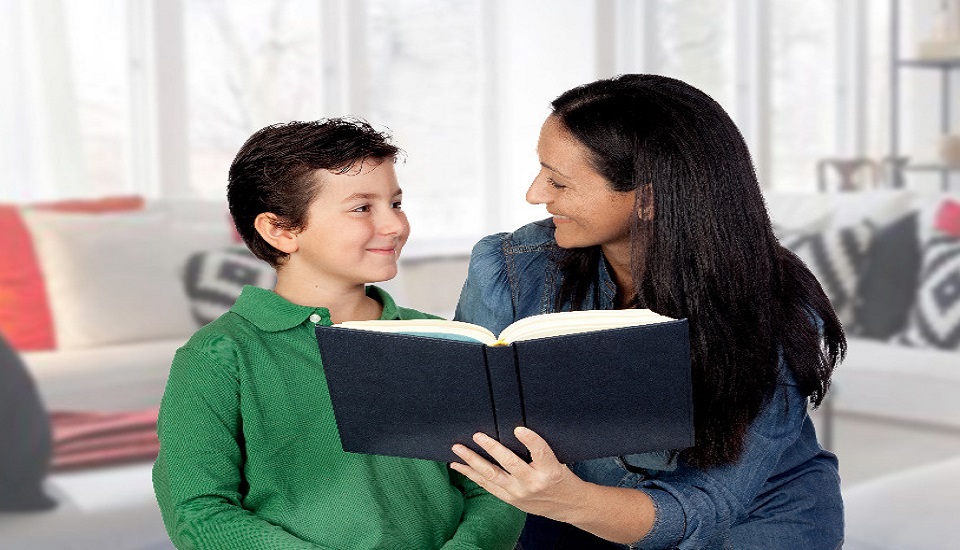How school counsellors can help students' families to talk about divorce
23rd December 2021
Young children tend to cope with the idea of ‘divorce’ in a different way depending on the way it’s been presented and explained to them. Regrettably, as a school counsellor, you have insufficient control over such early interactions, while trying to discuss the concept of ‘divorce’ to the learners.
So, when a student’s family approaches you for assistance to discuss the issue of divorce with their children, it’s better to meet them at their place. Young minds are unique and most of the times they are unpredictable. While some students might feel uncomfortable talking about their parents’ divorce, there are others who may open up more to you, than they would to their parents.
No matter what seems to be the student’s emotional level, the main thing to do is to support the child and provide them with tools to manage their feelings regarding such a situation, and you may even have to provide tips to parents to maintain the peace at home, if you get the scope to work with the whole family.
Here are some tips, as a counsellor with school counsellor training, you can do to help parents on how to discuss the issue of divorce with their children:
- Encourage Parents to remain on the Same Page
When working with families regarding a sensitive issue like divorce, it’s vital to motivate parents to stay on the same page. This can be tough for some families owing to the rising hostility surrounding the decision to be separated, and while the decision to part ways aren’t always a mutual one, parents need to exhibit a sense of ‘we’ and not just ‘I’. This aids a child in seeing the family as a unit, instead of a broken home with two verges.
- Never Influence A Child to be Biased
Apart from encouraging parents to exhibit unity while communicating by using ‘we’ and ‘us’, help the child/ren understand and to remain on the neutral side. Again, this is case specific and might turn out to be difficult for some families, but it is in the child’s best interest to allow them to love both parents without having to abandon anyone. The last thing, but not the least, a parent needs to teach their child is guilt-tripping for loving both their parents.
- Instil Normality when talking about Divorce
Parents are well aware that they’re not the first couple to get a divorce, but children may feel as if they are on their own in their feelings and the experience they are going through. It is even worse that young children may also lose self-esteem or even become the victim of bullying in the process. Therefore, as a counsellor certified with diploma in child counselling course, encourage parents to remind their little one/s that it is normal, many children also go through their parents’ divorces, and how they are feeling is completely okay.
- It’s not Their Fault
Time and again, children have trouble understanding the causes that lead to a divorce, and oftentimes they are unaware of the reasons, depending on their age. Therefore, it results in blaming themselves. Young individuals may think that it is because of something they did that caused the split. So, ask the parents to remind their ward/s that they have done no wrong and it isn’t their duty to fix the marriage. Significantly, children also need their parents to remind them that the love and affection they have for them doesn’t change just because they are parting ways.
- Encourage Parents to talk about Divorce
In certain cases, it may be quite difficult for parents to discuss regarding what is happening. But kids should be able to express their feelings and ask questions to cope with the change. Encourage parents to set aside some time to listen to their child if they want to talk, it goes a long way in aiding their child develop healthy social-emotional skills through such difficult times.
Written By : Ipsita Roy